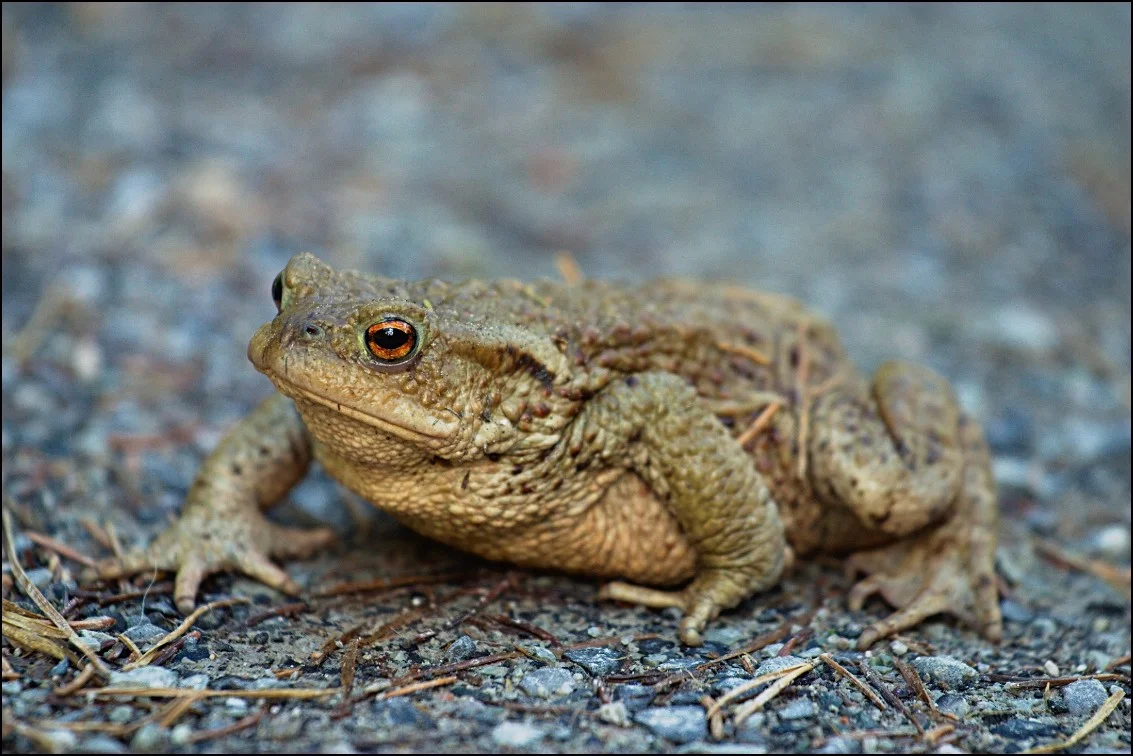Adult Eyes
I keep running across suggestions to “see through the eyes of the child.” Whether through a cutesy Pintrest quote, a reposted Facebook blog or the clincher in a motivational speech, this advice makes me bristle.
My prickles likely stem from the fact I wasn’t very good at being a child. I kicked over or swung too soon at balls headed my way. I immediately felt queasy when the adults in my life shoved their fingers in my face and shouted, “go outside and have fun!” On the occasions I tried to imitate the cheerful, upbeat tone of childhood my peers exuded effortlessly, my mother would feel my forehead and note I'd worked myself “into the vapors.”
It’s not that I have adulthood down pat. Well past halfway to my demographic life expectancy, I’m still figuring it out. But figuring out adults and adulthood feels eminently more manageable than decoding the rules of children and childhood.
William James, the “Father of American Psychology,” characterized the child’s world as “one great blooming, buzzing confusion” (pp. 462). Things weren’t quite such a mish-mash for me, but I did think all dogs were male and all cats were female. And I was 16 before I realized the ginormous, oceanic frog I’d been so careful to avoid didn’t exist. (“Undertoad” and “undertow” sound remarkably similar to the ears of a child.)
As an adult, I’ve got more context. I have a better sense of how complicated things like class and race and gender play into our ideas about one another and what that might mean for discounting or elevating ideas. I’m also not so worried my mistakes will immediately be reported to my parents or teachers. Consequently, I feel freer to make them. And, I finally don’t give a hoot about what those popular kids think about me, so it doesn’t take me so long to get ready in the morning – which leaves me more time to make mistakes.
So, to the recommendation of seeing through a child’s eyes I say, “no thank you." I’ll keep right on peering through my crow-footed peepers, but, as always, thanks for the offer. I’m off to make some mistakes.
Resources
- Photo Credit: Hartwell, M. (April 30, 2003). The Undertoad. Retrieved from https://www.flickr.com/photos/mikhartwell/8696687124
- James, W. (1890). Principles of Psychology. NY: Henry Holt & Co. (Find a free archived copy here https://archive.org/details/theprinciplesofp01jameuoft)
